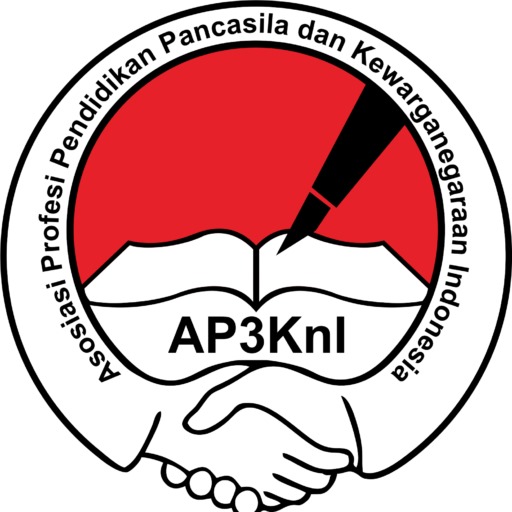The role of citizenship education in shaping students' character as young citizens
DOI:
https://doi.org/10.36805/civics.v10i01.7580Abstract
Civic Education (PKn) is an important component in the Indonesian education system that plays a central role in shaping the character and morals of the nation. In accordance with Law Number 20 of 2003 concerning the National Education System (Sisdiknas), PKn is mandatory at all levels of education, from elementary school to college, with the aim of forming citizens who have a sense of nationality and love for their country. PKn does not only focus on the knowledge aspect, but also on developing students' critical, rational, and creative abilities in dealing with citizenship issues, and encouraging them to participate actively and responsibly in community and state life. In addition, PKn teaches essential moral values that support constitutional democracy through strengthening private and public character. The implementation of strengthening character education involves a class-based approach, school culture, and the role of parents. Thus, PKn contributes significantly to creating young citizens who are able to develop strong characters and are based on the nation's noble values, because they are the next generation who will lead Indonesia to a better future.








1.png)





